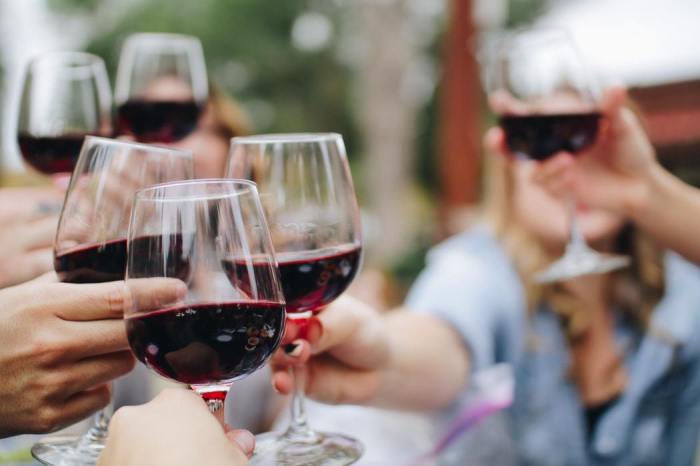Study argues that the Bible book of Revelation condemns the use of wine for the Eucharist

A recent study from a United Kingdom-based publication has argued that the last book of the Bible, the Book of Revelation, condemns the usage of wine for the Eucharist.
Meredith J. C. Warren, director of the Sheffield Institute for Interdisciplinary Biblical Studies at the University of Sheffield, had an article published Thursday titled “The Cup of God’s Wrath: Libation and Early Christian Meal Practice in Revelation.”
According to Warren, passages within Revelation suggest that St. John the Divine, author of Revelation, opposed drinking wine for sacred ceremonies.
Revelation chapter 14, which speaks of wicked nations being drunk with the wine of Babylon, was one example cited by Warren.
Another cited example, chapter 16, describes libation bowls used to pour out God’s wrath as opposed to wine, which would have been common for libation ceremonies.
“These verses, appearing just after the episode with the seven bowls, strongly connect wine with fornication, with becoming drunk, and with the Whore — Revelation’s symbolic Rome,” wrote Warren.
“In sum, God’s wrath comes from libation cups and wine is almost exclusively used to indicate wrong ritual practice.”
Warren went on to note that the pouring out of wine in Revelation is used to “imply God’s judgement—that is, to unleash suffering upon those who worship incorrectly and thereby participate fully in the sinful excess of the empire.”
“Other early Christian texts use libation and wine motifs positively to refer to Jesus’ bodily sacrifice as a libation of blood. Luke, in the context of the Last Supper, emphasizes the common cup, which he describes as ‘poured out’ (ἐκχέω) as a covenant made in Jesus’ blood,” continued Warren.
“Paired with what we know of later meal practice in early Christian communities in Asia Minor, which is that at least some groups opted to avoid wine during their Eucharistic meals, the anxiety expressed in Revelation about wine and libation practices and their explicit connection to pagan worship is not surprising.”
Within Christianity, there is no consensus on whether it is OK to drink alcohol. While some enjoy the practice, others make a habit of abstaining.
When it comes to the sacrament of communion, some churches have opted to replace actual wine with grape juice, in part to help recovering or struggling alcoholics.
Patrick Nelson, president of Dordt Theological Seminary, told The Christian Post in an interview earlier this year that "the Bible does not expressly forbid the drinking of alcohol," but it "does forbid us from getting drunk from the drinking of alcohol."
"Jesus turned water into wine (John 2:1-11) so it's safe to assume he probably consumed wine himself which was a custom in his day. However, he was also very adamant about Christians not giving in to drunkenness," explained Nelson.
"Drunkenness and addiction are sins in the eyes of Lord and its effects can be devastating not only to the person but those around them as well."




























